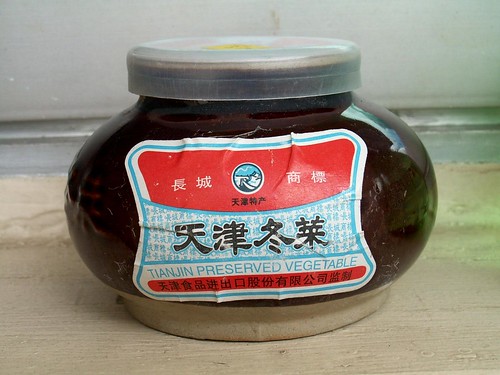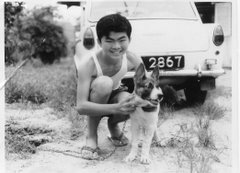 Around 1943, at the tail-end of the Pacific War, my parents were staying in a small town in Johore state, called Segamat. There was a young and good-looking Japanese officer named Watanabe controlling this district. He fell in love with a wholesome looking town girl called Rose (not her real name). They got married through a simple ceremony, witnessed by Rose’s parents and some relatives.
Around 1943, at the tail-end of the Pacific War, my parents were staying in a small town in Johore state, called Segamat. There was a young and good-looking Japanese officer named Watanabe controlling this district. He fell in love with a wholesome looking town girl called Rose (not her real name). They got married through a simple ceremony, witnessed by Rose’s parents and some relatives. Watanabe was very protective (a minor version of Schindler, a German, in the Holocaust) towards his district population, earning much dismay from his superiors, who believed in harsh treatment towards the locals.
The fairy-tale marriage was short-lived, as the war was coming to an end. The thunderbolt struck, when the Japanese emperor announced Japan’s surrender to the Allied forces in September, the 2nd, 1945, after two atomic bombs were dropped in mainland Japan. The surrendering Japanese troops were to assemble in designated locations controlled by the Allied troops, give up their arms, swords and munitions. Rose cried bitterly because she knew her husband was going to be repatriated to Japan after the war. The departure of her husband was a shattering blow to her, but she had to accept her fate.
It was war that brought them together, and now peace had torn them apart, with her beloved Watanabe returned to his homeland. Would they be able to meet again?
It was war that brought them together, and now peace had torn them apart, with her beloved Watanabe returned to his homeland. Would they be able to meet again?
Well, time was healing and Rose later married a Dutch national, moved to Holland, and had a few children. She led a peaceful and happy life in Holland, but in her heart, there was a small corner reserved for her beloved Watanabe. How was he getting on? Was he still alive and well? Such questions lingered in her mind of her ex-lover.
She decided to make a trip to Japan to find out. In Japan she got her answers. Watanabe had remarried happily with a wife and children. Rose was finally at peace with herself and returned to her family in Holland.
Destiny plays a part in War and Peace.




















